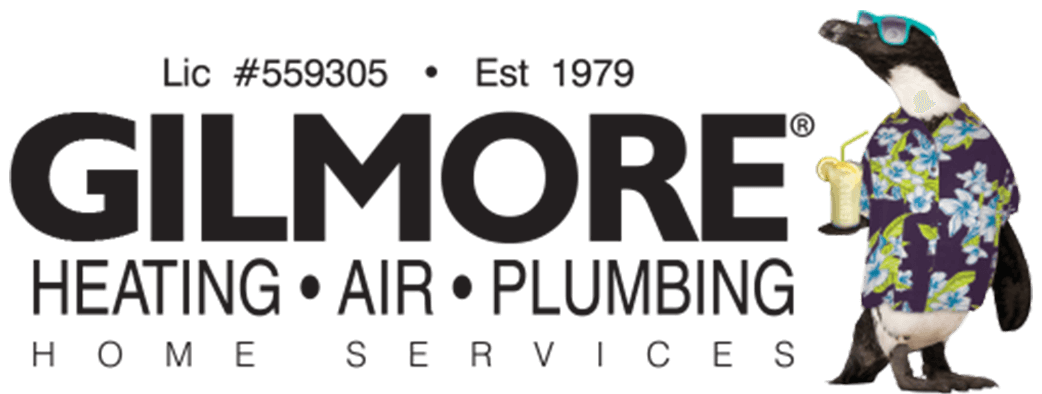The sole purpose of a heating and cooling system is to keep you safe and comfortable as the weather changes outside. However, some of these systems are rather pricey, and people will often sacrifice the quality of their unit to save during the upfront purchase. While you may think you’re saving money, in the long run, you actually risk losing a lot more money. It’s beneficial to learn energy-saving tips, but if the root problem is your system, you may need to take extra steps to improve efficiency.
If your heating and cooling system is not energy efficient, your monthly bills can start to climb. That’s why, when in the market for a new HVAC system, it’s important to find one that runs efficiently and keeps costs low. Take the time to research the various systems out there and find the most energy-efficient heating and cooling system that meets your needs.

Understanding How Home Heating and Cooling Systems Work
A heating and cooling system operates by transferring heat, with air conditioning expelling heat in hot weather and distributing warmth through ducts during winter. The displacement of hot or cold air adjusts the interior temperature. While rare, some systems handle both heating and cooling using the same equipment.
Even when sharing ductwork, these systems typically employ different methods for heating and cooling. In many cases, a forced-air furnace works in tandem with an air conditioning unit to provide a comprehensive climate control solution for your building.
Take a look at some of our energy-saving tips for your HVAC system:
What Is the Most Energy-Efficient Heating and Cooling for Homes?
Before deciding on which heating and cooling system to install in your home, you need to know what your specific needs are. To accurately determine what the most energy-efficient HVAC system for your home is, speak to a professional technician who will inspect your home, evaluate how your current system works, and help you find a new setup that meets your needs and budget.
Furnace & Air Conditioner
A furnace and air conditioner combo, often referred to as a forced-air HVAC system, is a widely adopted solution for year-round climate control. This dual system efficiently provides heating during colder months and cooling in warmer weather, offering versatility for diverse climates. Despite its reliability, this combo may not be the most energy-efficient option available.
The primary disadvantage of this setup is the separate nature of the heating and cooling processes within the system. While they share ductwork, the methods used for heating and cooling are distinct. This can lead to energy inefficiencies, especially when compared to more modern and integrated HVAC solutions.
So, while this style of setup is a suitable and reliable solution for many homes, advancements in HVAC technology have introduced more energy-efficient heating and cooling units for homeowners.
Heat Pumps
While a furnace and air conditioner are common for homeowners to install in their homes, they may not be as efficient as you might hope. Heat pumps are versatile machines that can provide effective heating and cooling throughout the entire year.
There are different types of heat pumps to choose from, so take a look and see what fits best for your home:
Air-Source Heat Pump
Air-source heat pumps are reliable and energy-efficient systems because they transfer heat between indoor and outdoor air for both heating and cooling. Unlike traditional systems, they don’t generate heat but move it, making them more efficient.
These systems can even work in colder environments by extracting heat from the air, which can help optimize efficiency in the winter. This makes them more eco-friendly solutions for heating and cooling your home.
Geothermal Heat Pump
Geothermal heat pumps differ from regular heat pumps by utilizing the Earth’s consistent ground temperature for heating and cooling. They circulate fluid through underground loops to absorb or release heat, making them highly energy-efficient.
Unlike air-source heat pumps affected by external temperature fluctuations, geothermal systems tap into the stable ground temperature. This stability enhances efficiency, providing reliable heating and cooling throughout the year.
The constant ground temperature allows geothermal heat pumps to operate with less energy consumption, making them an eco-friendly and cost-effective choice, reducing utility bills and minimizing environmental impact.
Energy Efficiency Does Not Mean Everything
Even though heat pumps are some of the most efficient heating systems for a house, that doesn’t always mean they’re the best choice for you. If you need help in figuring out what system is best for your needs, turn to our team of technical experts from Gilmore. Our team will inspect your house so that we can help you choose the best HVAC system for you.
Contact us today if you need help finding the right size heat pump or alternative HVAC system for your home. We service the Sacramento Valley and Roseville, California area.

